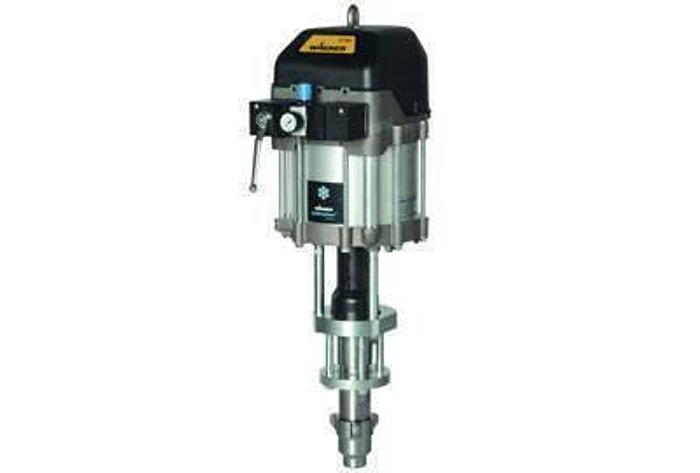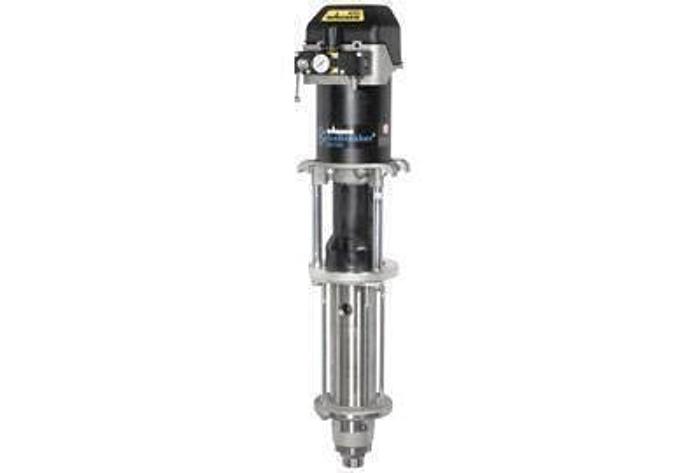PISTON PUMPS

PISTON PUMPS
orCall +1 888-647-9929
Description
We proudly offer Piston Pumps by Wagner in Low & High Pressure depending on the type of material being sprayed and the type of product being processed. Piston Pumps have internal valves to ensure the material being pumped keeps a uniform flow, as well as an internal pressure regulator so they will only run when needed, so there is less wear & tear on them.
Specifications
| Manufacturer | Wagner |
| Condition | New |
| Stock Number | BRF.164.259 |



